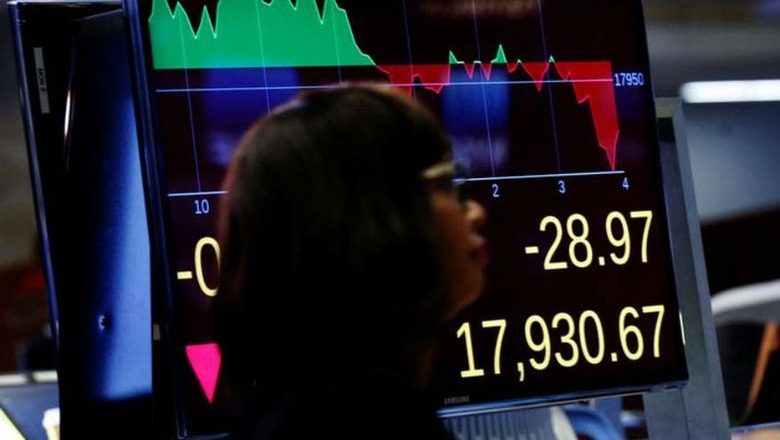
views
US equity index futures rallied at the open on Sunday as bullish sentiment returned to Wall Street following the largest streak of losses on the S&P 500 since 1980.
The 1.3 percent move in S&P 500 e-mini futures ESc1 cut in nearly half the losses in futures over the past nine sessions, and came a few hours after the FBI said that newly discovered emails had not changed the agency's conclusion that no charges were warranted in the case of Democratic presidential candidate Hillary Clinton's use of a private server.
The move in equity futures came in a surge of volume as electronic trading kicked off for the week at 6 p.m. EST (2300 GMT).
If the upturn in S&P 500 futures carries through the day on Monday, it would put an end to the longest daily losing streak in the benchmark stock index .SPX in more than 35 years.
The run of losses had come as Clinton appeared to have lost momentum over Republican rival Donald Trump in some public opinion polls after FBI director James Comey said on Oct. 28 that additional emails had been found and would be reviewed.
Clinton and Trump face off on Tuesday in a vote to elect Barack Obama's successor as U.S. president. Until recently, financial markets had priced in a victory from Clinton.
The news from the FBI and recent reports of Clinton starting to regain strength in public opinion polls likely explain the move higher in stock futures and in the Mexican currency, said Michael Yoshikami, chief executive of investment management firm Destination Wealth Management of Walnut Creek, California.
Until Sunday night, the downward trend in equities and the peso "has been in direct relationship to the news that Donald Trump was advancing in the polls," Yoshikami said.
The Mexican peso MXN=, which has been a market proxy for sentiment about the election and has performed in inverse correlation with Trump's perceived chances of winning the White House, shot more than 2 percent higher against the U.S. dollar in late Sunday trading.
It is still down more than 7 percent this year against the greenback.
S&P 500 futures fell 3 percent over the past nine sessions, during which the benchmark index S&P 500 declined daily to set the longest falling streak since December 1980.
"To get back to where we were before the election angst began would require a 3.2 percent rally," said Brian Jacobsen, chief portfolio strategist at Wells Fargo Funds Management in Menomonee Falls, Wisconsin.
"There have been some impressive rallies in the couple days in the run-up to an election," he said. "With a dearth of economic data releases, little else will be moving the markets between now and Tuesday night."
He noted, however, that some traders will likely sell this rally to avoid any surprise in the election outcome which could trigger a spike in volatility.




















Comments
0 comment